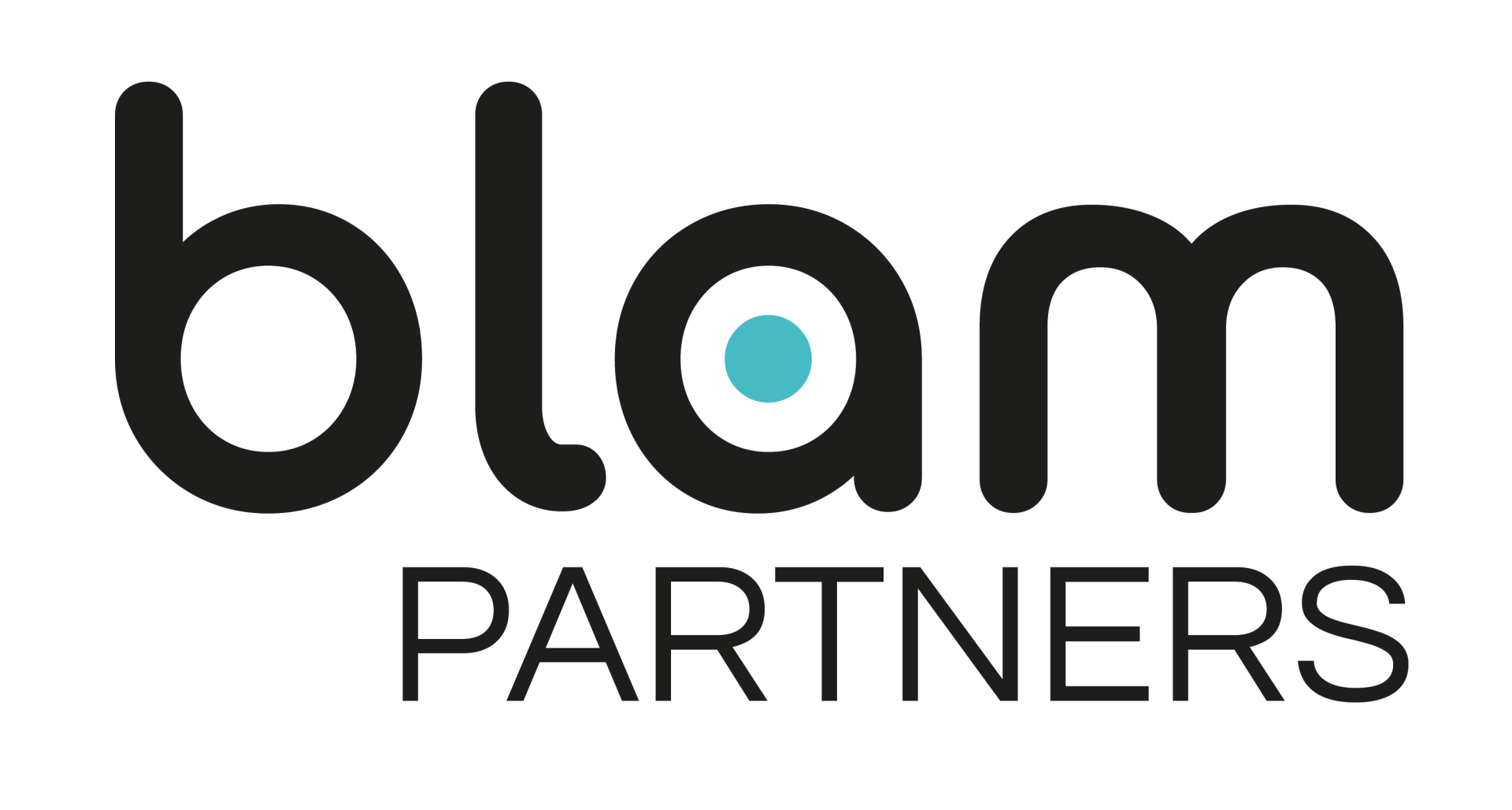6 Ways To Kick-Start Your Small Business
Being a small business owner can feel overwhelming at times
and the reality is that there is not a single recipe for success. In most cases
you will find that new entrepreneurs tend to act on intuition rather than proper
research and planning - which makes sense to a certain extent.
It’s true, some people are born audacious and their instincts are likely to guide them to the right direction. For the rest of us, however, walking blindly into a new venture might not sound so appealing.
As someone who grew up in an entrepreneurial family and worked closely with various small businesses over the years, I’ve learned a thing or two about successful first steps when it comes to starting a business – the things that fancy universities won’t teach you.
Today, I thought I’d share with you 6 ways to effectively kick-start your small business:
1. Have a business plan
If you don’ know how to type a formal ‘business school’ plan with detailed financial forecasts and an executive summary at the top, that’s absolutely fine. You should still have a rough idea about how to turn your vision into reality, though. As a first attempt to an informal business strategy, I would suggest considering your goals and objectives, your target audience and marketing mix. What I find useful when planning BLAM’s marketing strategy is keeping a calendar where I mark promotions or special events on key dates of the year. Remaining organised is essential for every new business where daily tasks can easily pile up and seem chaotic; a good to-do list app can always help keep you on top of your responsibilities.
2. Focus on results
Oh, so you’ve created a new Instagram page and managed to acquire 2,000 followers. Well, unless building a following is part of your social media strategy and linked to a specific objective that will make you more money, it doesn’t mean much. So, instead of having goals such as ‘build a Facebook page’ or ‘gather the x amount of likes on a blog post’ try thinking about the end result of these actions and focus on that. A common mistake among small businesses is failing to associate their social media activities with their overall business strategy, be it lead generation, building brand awareness, creating positive word-of-mouth or any other end-goal.
3. Ask yourself questions
Entrepreneurs are busy people; we all know that. More often than not, being an entrepreneur can be hectic and before you know it you lose track of your goals. I know from experience that taking the time to reflect on your business activity can be particularly useful and even save you from wasting money on the wrong efforts. Make a list of relevant questions and plan the time and day each month to sit down and answer things like ‘What can I do to maximise my sales?’ or ‘What are my competitors doing that I am not?’. You will be surprised how creative you can be when you have planned that time in advance instead of rushing those decisions within your busy daily schedule. Involving your team, if you have one, would be an added bonus to the process.
4. Network
As our BLAM partners are well aware, going out there and talking to people is crucial for new business owners. We always advise people to start talking to everyone they know including family, friends and old colleagues. These individuals already trust you and would be likely to recommend you when there is a chance. Meeting other entrepreneurs can also be beneficial. Don’t be intimidated to attend networking events or simply hand a few business cards over to your local store owners – these are people exactly like you and they will benefit just as much from knowing you. Our co-founder, Gareth, recommends making 10 meaningful connections per day – you can adjust this number to fit your particular needs, but try not to postpone making contacts. LinkedIn communities are another great way to reach people in your industry on busier days. Just remember to be a useful contributor instead of spamming people with promotions.
5. Get to know your audience
If you are a new business owner, you might think that actually ‘knowing’ your audience is not feasible at this early stage. Use your imagination and create an avatar to represent the person who is most likely to become your customer. My father always says that his company predominantly markets to middle and upper-middle-class citizens – that is not meant to be pretentious, it simply represents the demographic segment which can afford his product and helps him define the quality as well as his pricing strategy. Do you know how much your audience earns and, therefore, is willing to spend on your offering? What about their age, profession, education and family status? These are things that need to be determined early on in the process, otherwise, you risk sending the wrong message to the wrong people, therefore, endangering your firm’s reputation.
6. Know your stuff
One thing our team keeps stressing to our partners is to invest time in learning everything there is to learn about their product. Appearing knowledgeable – and actually being – is vital to any new entrepreneur. How do you expect people to trust you with their money if you are unsure of the value your product can add to them? One of the main reasons my parents’ small business has remained successful for more than 40 years in the market is that their expertise in their industry is second to none. Were they experts when they first started out? Definitely not. Were they afraid they were going to fail? Absolutely. Research your product, discover what exists out there, follow your industry’s news and events, stay close to your customers and listen to what they have to say. And if you are one of the few new business owners who can afford to employ staff, don’t rely on them to know more about how your product works than you do!
I hope these have given you some food for thought. I would love to hear your advice on how to kick-start a small business, so please comment below and join the conversation.











